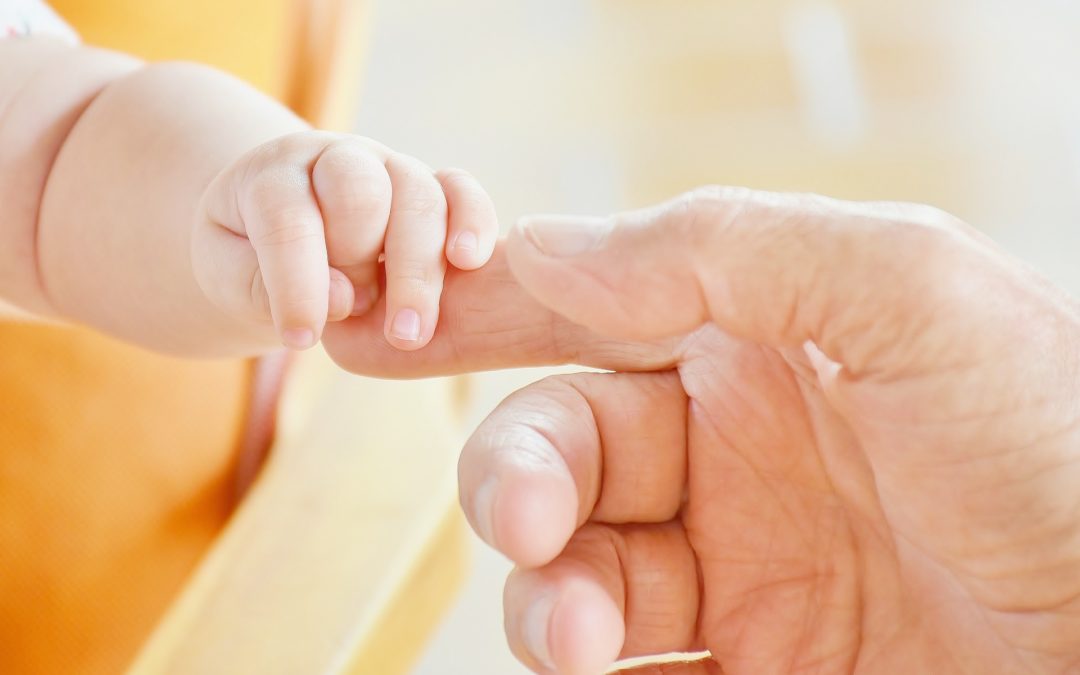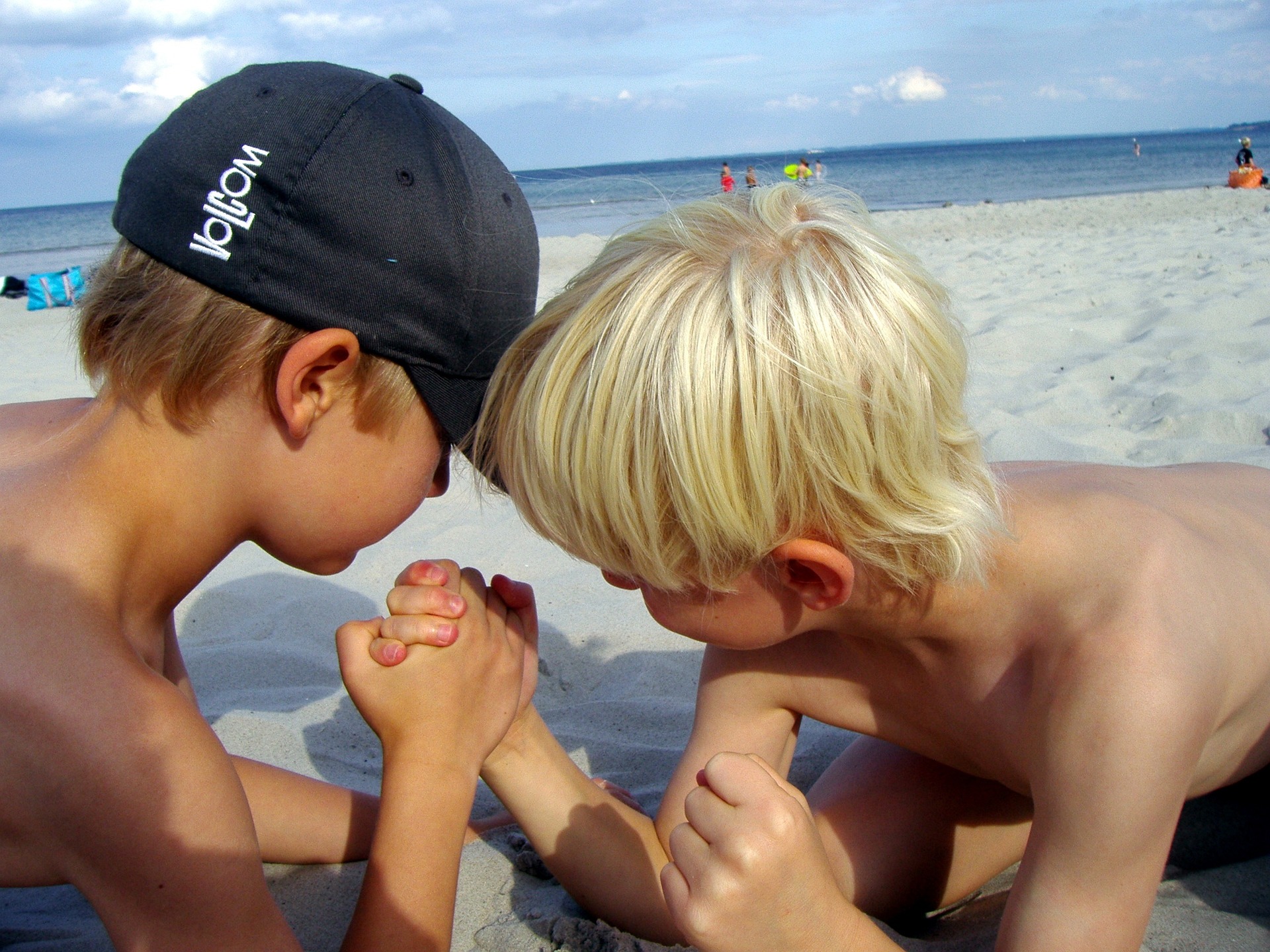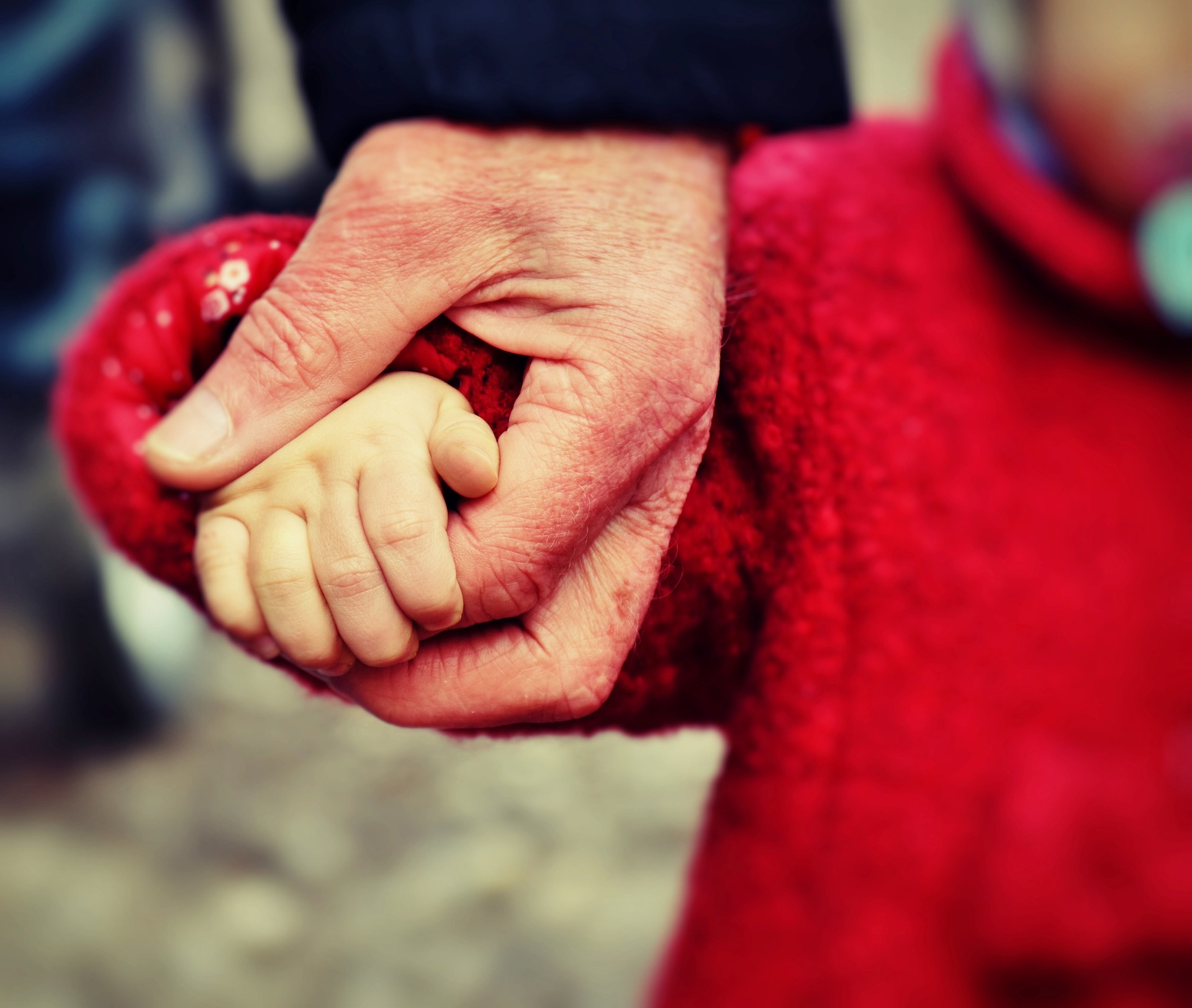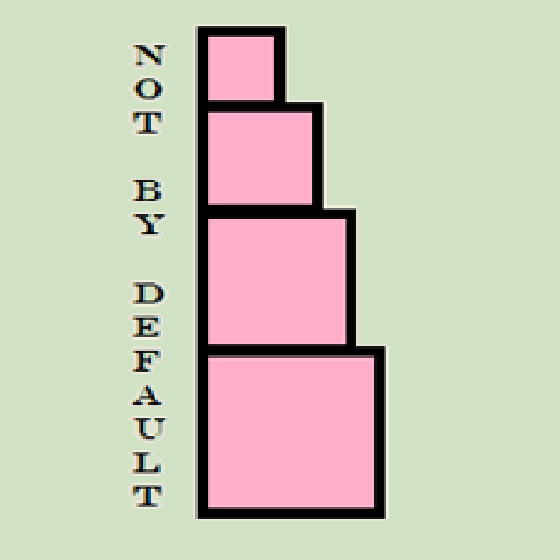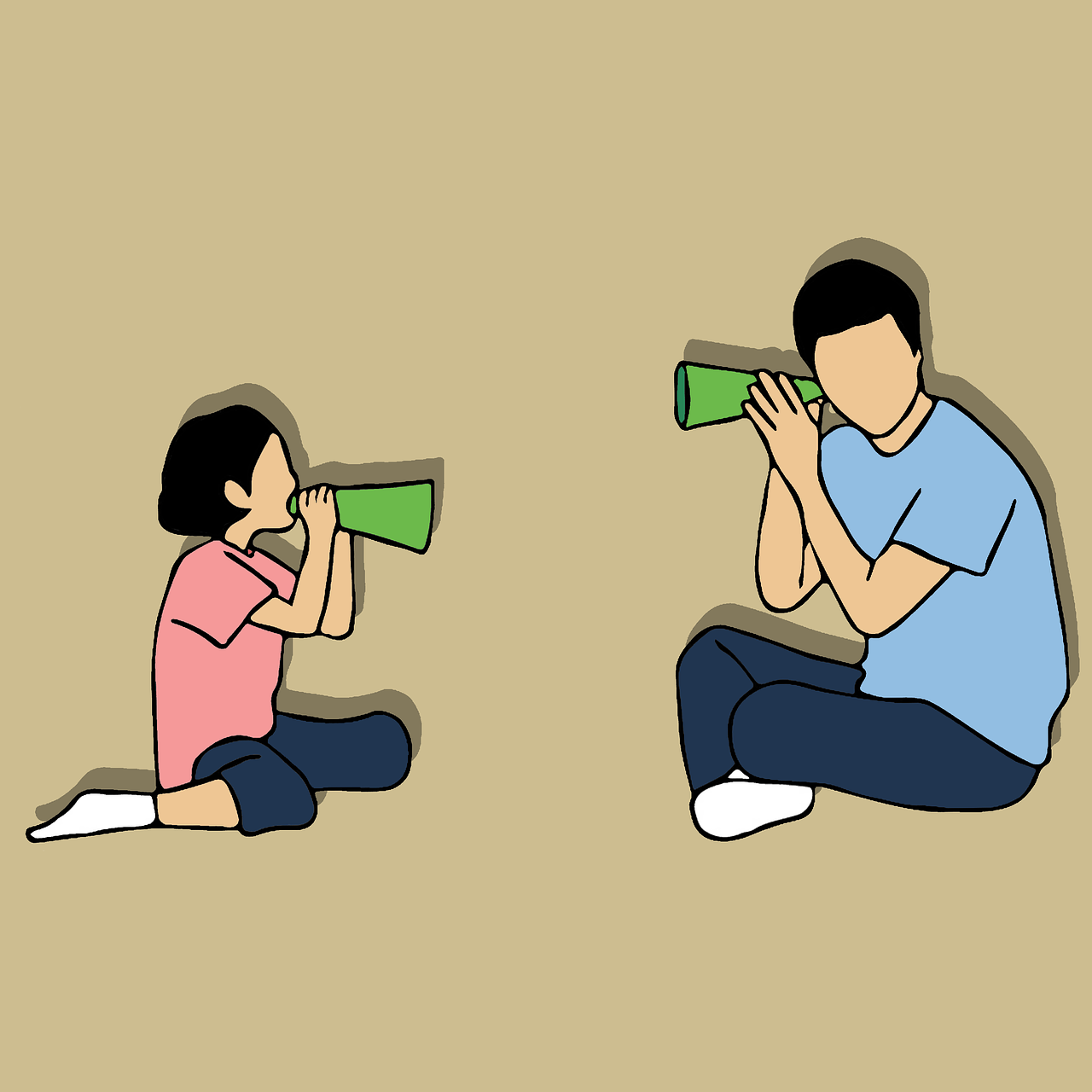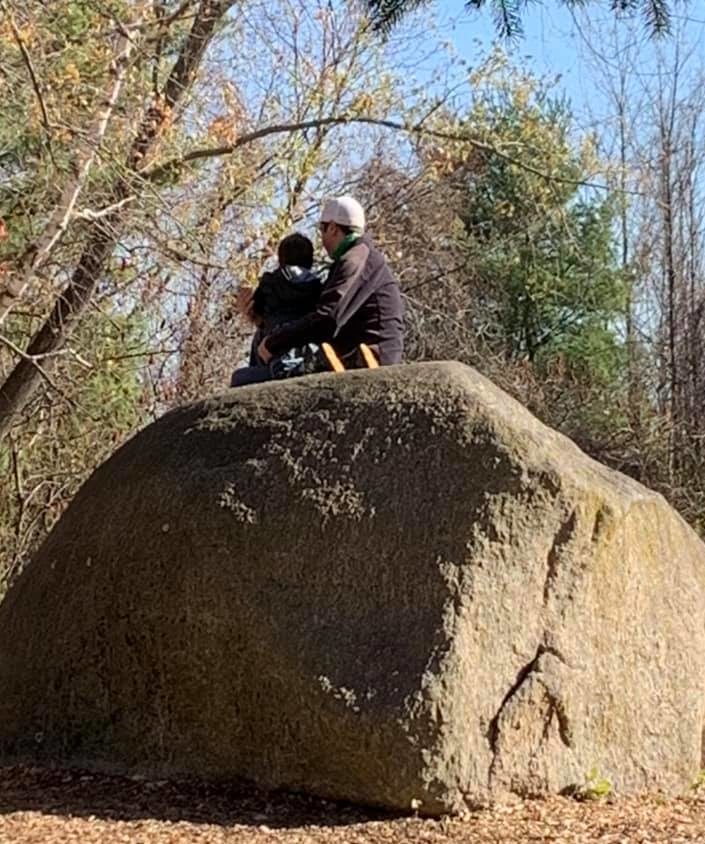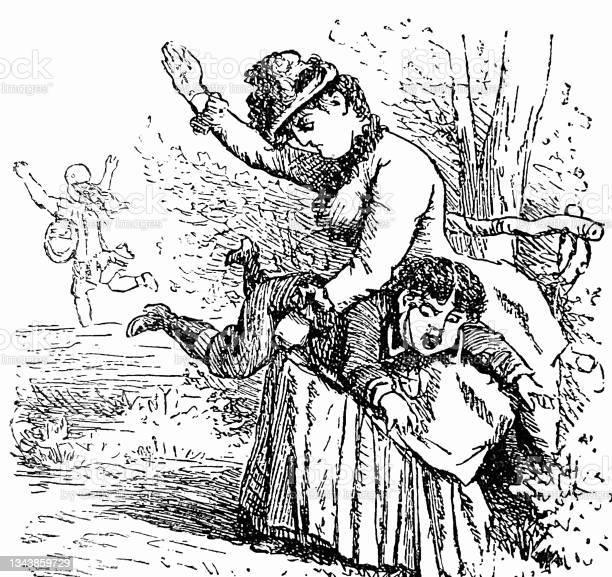My first baby is a month away from his fifth birthday. It is impossible to imagine a life without this this spunky little man, but it also seems impossible to understand how these past five years have moved by so quickly. I remember being reminded that the nights were long but the years were quick while scrolling forums during late night nursing sessions. I remember counting down the minutes until my husband would get home, and I would have another adult to talk to. I remember how long some of those early days felt. Somewhere along the way I found my footing and stopped stumbling through the days, and instead began running. Systemizing everything, making most of my life easy to live through on autopilot. We eat at set times, play at set times, and sleep at set times. Sure we threw an adventure to the zoo or park in between these routine days of monotony but for the most part as my baby grew into a toddler we developed a pretty set routine. Then just before baby two was born the pandemic struck. I marvelled at how not much had changed during the pandemic. Our routine stayed pretty similar although we were missing out on our visits with family and physically attending church. Our day to day, our play, and our meals stayed relatively unchanged. The problem is that when you are running through life it is hard to stop and notice the small but amazing things all around you.
Over the course of the pandemic I, like so many others, considered my life. I realized that I needed to be more engaged, and less routined. There was a definite balance that I needed to find, and at the same time I knew routine was still crucial for my young kids. The first thing I changed was my mobility. At thirty one years old I finally started driving, and it opened up a huge new world for me and my kids. The second thing I changed was my work situation. Pre pandemic I was working full time and a home daycare provider. Post pandemic I had started working only two full days a week. I still felt like the balance was not quite right and considered my work options. I have now switched to five half days a week offering a preschool program from my home. My kids and I have a reason to get up at the same time every day, our mornings look relatively the same day to day (with different children attending) and we engage in a lot of play and planned activities. After lunch our daycare friends head home and I am left with the afternoon to homeschool, and adventure with my children. This is an area we are still struggling to manage well, transitioning out of nap times, balancing outings with chores and errands. Figuring out how much school is right for us in this season.
What I have noticed since making these changes is that our days do not blend together as much anymore. I feel like I am seeing more, experiencing more of our day to day life. I think the balance I am searching for between change and routine is similar to the changing seasons. I want our days to be predictable enough that we are comfortable and not anxious, but change enough that we notice the end of one and start of another. Some things I want to try in the coming months to help me keep things fresh and engaging are as follows:
1) I want to change my decor more often. Even if it means just sewing some new covers for my cushions, and painting some new art to hang on the walls. I have noticed that whenever I decorate for fall or Christmas there is a sense of excitement and my kids and I comment on and soak up the changes. There are beautiful seasons and changes happening in nature from month to month, and I want to try to embrace those changes in my home. Rotate our throw blankets to match different couch cushions, hang themed art work, put out different centrepieces that we can create together. Small and simple changes that will help us mark changing time.
2) I want to try more seasonal cooking. Rather than eating the same meals week after week, I am going to embark on a cooking adventure and try encorporating more seasonal foods and dishes.
3) I may bring themes back to my homeschool and daycare days. I find the kids find the themes exciting, and while they are more work on my side of things, the reward outweighs the cost I believe.
4) Plan more seasonally appropriate adventures. There is always a feeling of loss when summer comes to an end. I find we try to squeeze so much into the warm days and then the rest of the year we wait. This year I want to squeeze as much as we want into each season. Fall hikes, winter beach trips with cocoa, and dancing in the spring rain. Finding ways to embrace every season and enjoy them, rather than watching them drift by as we run through our routines.
Anyways that is it for my reflection this morning, hopefully at this time next year as my sons sixth birthday approaches I will be able to sit back and reflect on how much we soaked up the time together, Noticed the day to day life, savoured it, and walked unrushed together through our daily lives.
